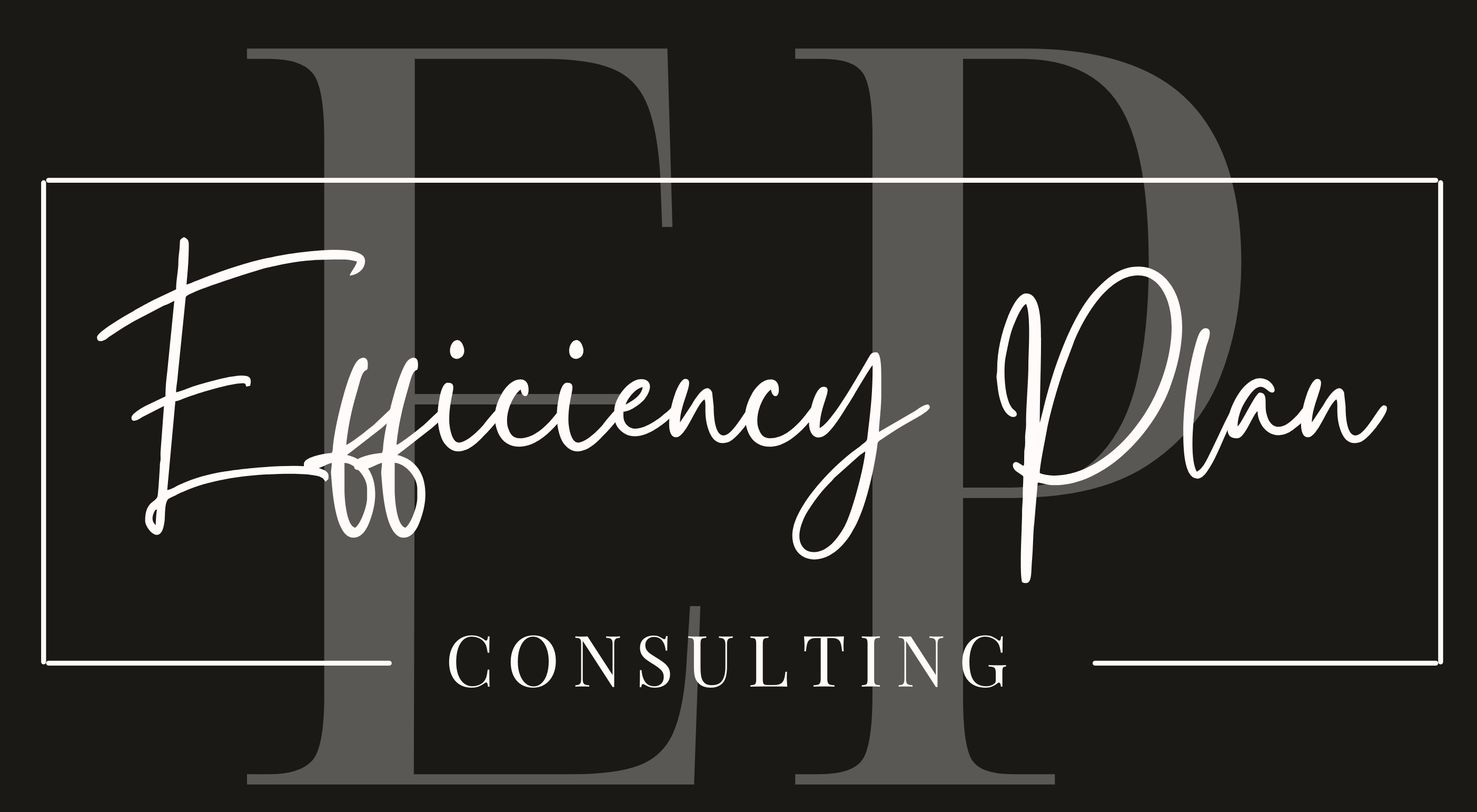In the dynamic world of business, integrity in the workplace stands as a cornerstone of a thriving work culture and sustainable client relations. However, the absence of integrity can manifest in various detrimental ways, undermining both employee morale and client trust. Recognizing the signs of lacking integrity and implementing proactive measures is crucial for any organization aiming for long-term success.
This guide provides insights into how a lack of integrity can present itself in the workplace, strategies to prevent its adverse effects, and five essential ethics training tips for your employees.
The Manifestations of Lacking Integrity in the workplace
A workplace lacking in integrity might be plagued by dishonesty, unreliability, unethical practices, and a disregard for accountability. This environment not only hampers productivity but also tarnishes the organization’s reputation, posing a significant risk to client relationships.
In such settings:
- Employees may feel demotivated and disengaged.
- There may be higher turnover rates and a decline in work quality.
- Clients might experience poor service, missed deadlines, or unethical handling of their information, directly impacting their satisfaction and loyalty.
Strategies to Uphold Integrity

To protect your clients and foster a culture of integrity, it’s essential to implement these key strategies:
1. Lead by Example
Leadership should embody the principles of honesty, transparency, and accountability. When leaders set a high standard, it encourages employees to follow suit.
2. Establish Clear Policies
Develop and communicate clear ethical guidelines and procedures. Ensure that these policies cover all aspects of the business and are accessible to all employees.
3. Promote Open Communication
Encourage a culture where employees feel safe to voice concerns and report unethical behavior without fear of retaliation.
4. Implement Regular Training
Continuous education on ethical practices and the importance of integrity in the workplace can reinforce these values among employees.
Tip: Consider using planners and organizers, such as these 2024 Productivity Planners, to track ethical compliance and team progress, ensuring a well-structured and accountable work environment.
5. Enforce Policies Fairly
Consistently apply consequences for unethical behavior. Fair enforcement of policies underscores the importance of integrity and maintains trust among team members.
5 Important Ethics Training Tips for Your Employees
Ethics training is essential for embedding a culture of integrity. Here are five tips to enhance your ethics training:
1. Make It Relevant
Customize training sessions to reflect the real ethical dilemmas your employees might face. Use case studies or examples from within your industry for greater impact.
2. Encourage Participation
Interactive sessions, such as workshops and role-playing exercises, can help employees better understand ethical concepts and how to apply them.
3. Focus on Critical Thinking
Teach employees to analyze situations critically and consider the ethical implications of their decisions. This helps foster mindfulness and responsibility.
4. Highlight the Consequences
Discuss the potential impacts of unethical behavior on the company, its clients, and the individual. Understanding the repercussions can deter misconduct.
5. Reward Integrity
Recognize and celebrate employees who demonstrate a strong commitment to ethical behavior. This not only rewards the individual but also sets a positive example for the team.
Using simple tools such as desktop timers can help employees manage their time efficiently and prioritize tasks aligned with your company's ethical standards.
This Week's Team Mantra: "Integrity First, Excellence in Every Action"
Let this mantra guide our decisions and actions this week. By keeping integrity at the forefront, we can achieve excellence in our work and forge stronger, trust-filled relationships with our clients.



